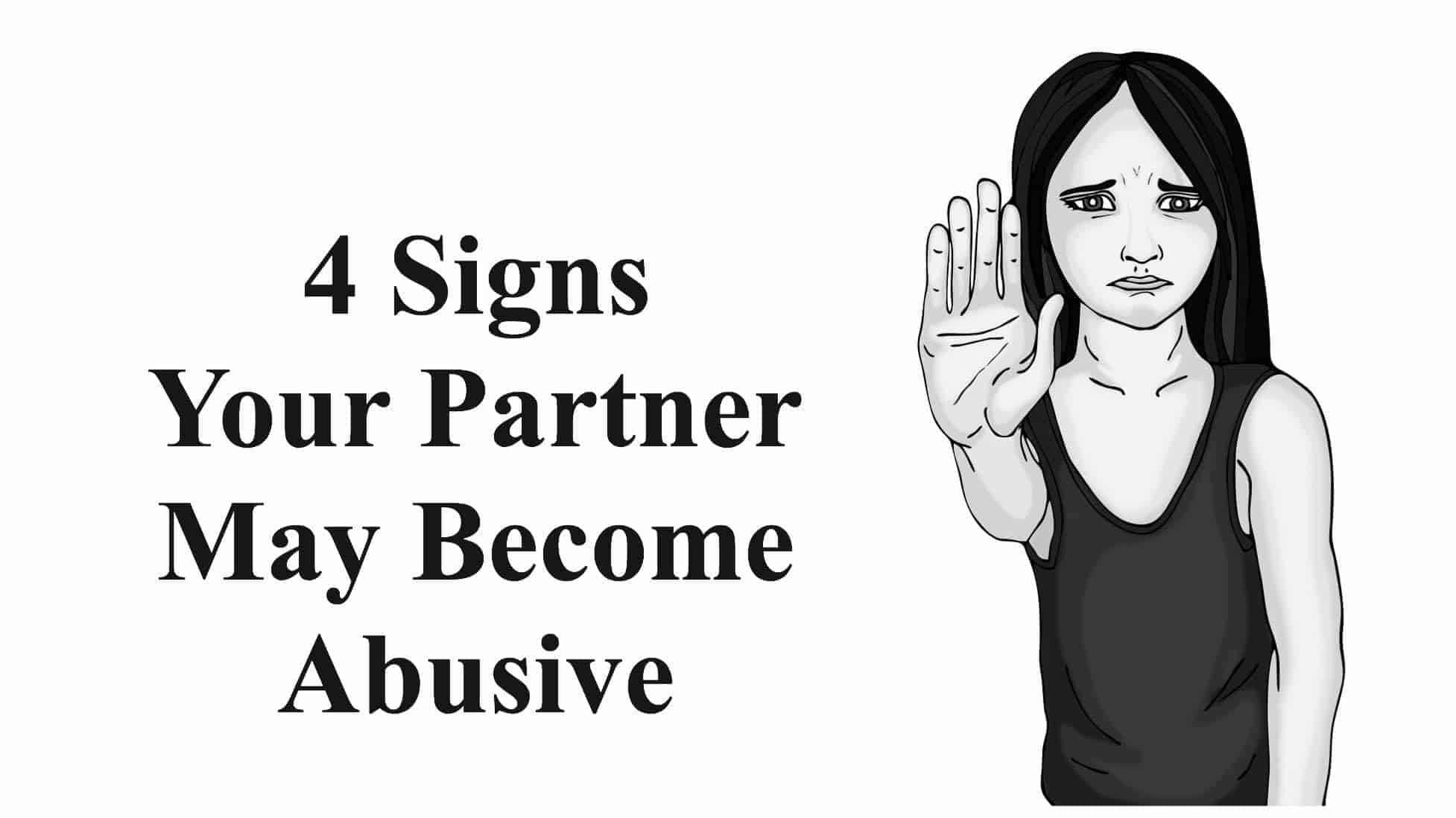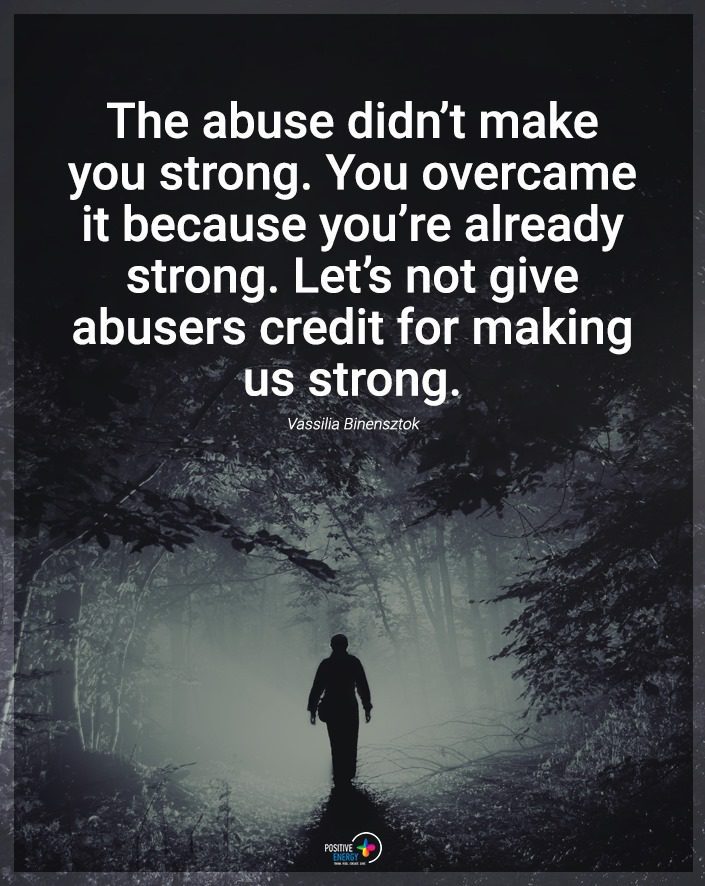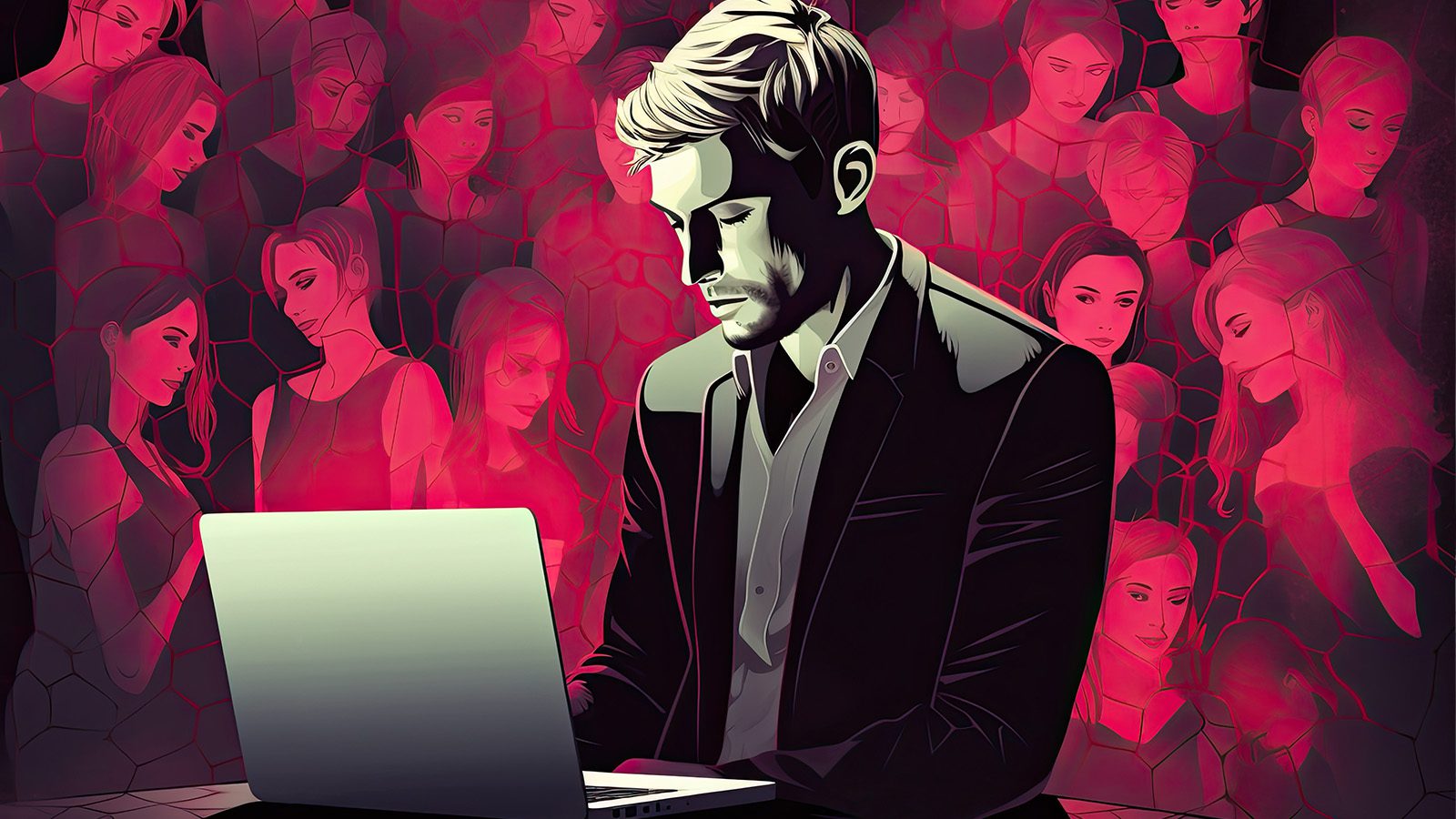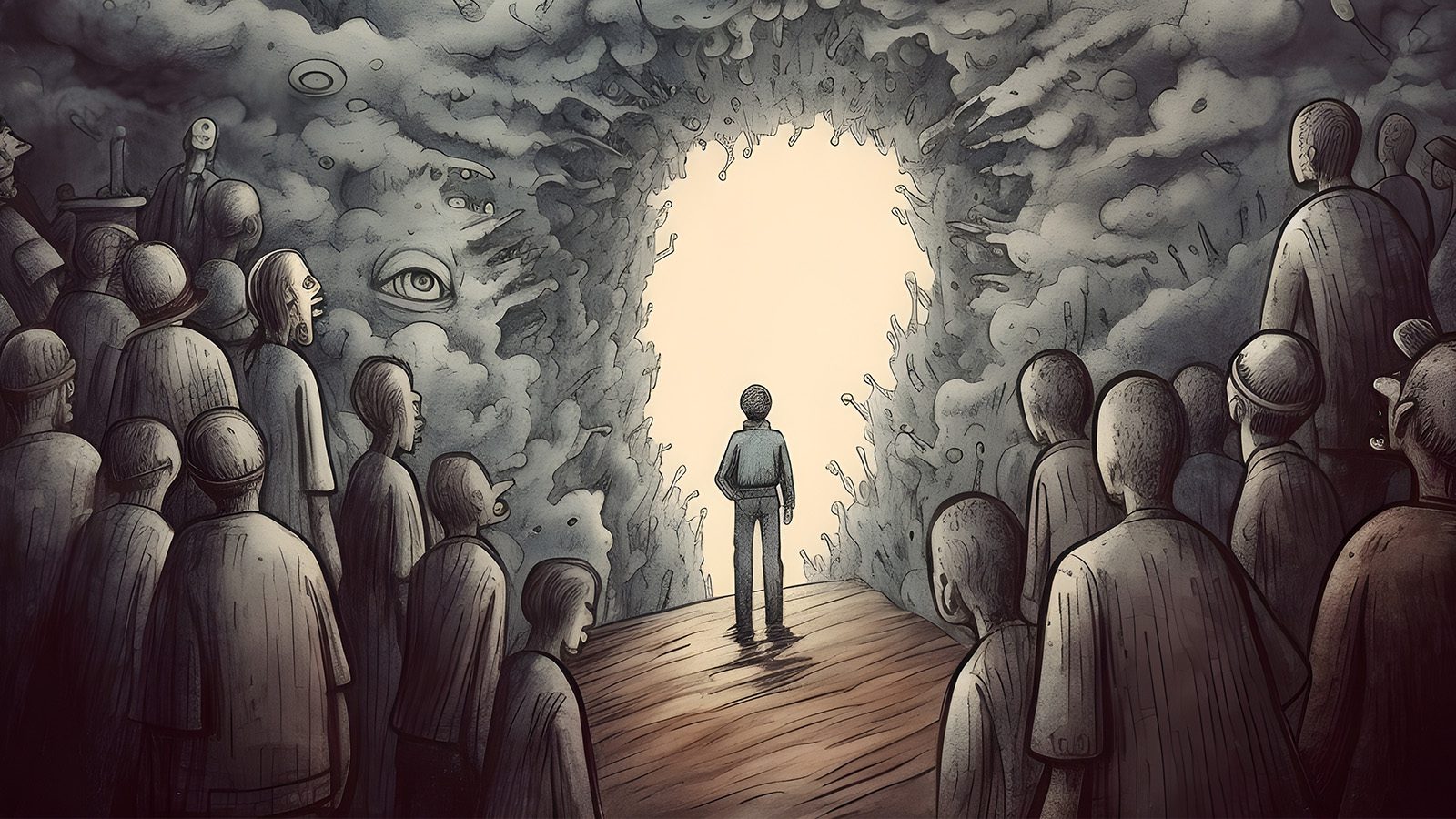A potentially abusive partner is a warning sign that you are in an unsafe situation. An emotionally abusive partner can quickly become a physically abusive partner. Domestic violence, physical or sexual abuse can quickly turn into homicide.
If you are even considering that you might be in an abusive relationship, call the National Domestic Violence Hotline at 800-799-SAFE (7233), click the chat now link on their website, or contact your local police department to report the behavior that concerns you. The National Domestic Violence Hotline call is free, anonymous, and confidential, and it could save your life.
Taking action quickly could save your life or the lives of those in the household with you. Protect yourself and your loved ones at all times. IF you were wrong about your partner possibly becoming abusive, at least you took steps to get help before you became a statistic.
4 Warning Signs Your Partner May Become Abusive
1. Controlling
Dictating when, where, and how you live and who you see is a sign that your partner may become abusive. A relationship should be a partnership, not a dictatorship, and you should have the freedom to make choices independently. When your partner wants to remove your ability to chose for yourself, you should be ready to protect yourself.
Perhaps your partner believes in strict gender roles where women do all the housework and child-rearing while men have a place in the workforce. Then they may also think that you need to submit to their will financially and sexually as well. When your partner believes that they have the power in the relationship, they will seek to take any power away from you to stay in control.
Distrusting you, thinking that you are cheating, or accusing you of doing things you didn’t do are warning signs that your partner may become abusive. Threats of harm are a way of controlling you with fear. You can read more about emotional abuse in our article 20 Warning Signs of an Emotionally Abusive Relationship.
According to the National Domestic Violence Hotline 800-799-SAFE (7233), in 2014:
“More than 20,000 victims disclosed instances of economic abuse, in which the abuser forcibly took control of or manipulated the victim’s finances in order to wield power over him or her.”
2. Belittling
Does your partner treat you like a child or as if you don’t know what’s best for you? That behavior is a warning sign that your partner may become abusive. In arguments, they use insulting, belittling language to make you feel less worthy than you are. Please read about taking back your self-worth in our article 5 Ways to End Abuse in a Relationship.
According to the National Domestic Violence Hotline 800-799-SAFE (7233), 96% of the abuse reported was emotional or verbal, in which the abuser degrades, threatens, insults humiliates, or isolates the victim.
3. Blaming
If your partner is making you feel like it is your fault that they are so angry, depressed, or anxious, it is a warning sign that they may become abusive. When your partner has decided that you are the reason for their emotional outbursts, you become the target of their anger.
Turning an argument around, so it is your fault, is another trait of a person who may become abusive. Suzannah Weiss writes in her article on loveisrespect.org that she learned that the name for what her abusive partner was doing is gaslighting; “gaslighting – my partner’s technique of making me doubt my thoughts, feelings, and perceptions – was an abusive manipulation tactic. For the first time, I saw why his behavior stressed me out. And it wasn’t because I was a bad partner.”
Of the reported domestic violence, 57% of victims were concerned about their relationships for more than six months before ever reaching out for help. The cycle of violence is such that the abuser takes away the power from the victim. The victim feels powerless to do anything, and the abuser can continue removing power from the victim. Stopping the cycle before you feel mentally and emotionally incapable of doing something is essential.
4. History
A history of abuse from their childhood or with previous partners is a warning sign that your partner may become abusive themselves. In childhood and early adulthood, we are still learning how to cope with our painful emotions. Unfortunately, seeing parents who are violent and have a poor ability to cope with negative emotions teaches the same coping behaviors to their children.
According to one study on the prevention of domestic violence, “witnessing domestic violence or being the victim of abuse undermines one’s ability to trust and regulate emotions and results in hostile, dependent, insecure individuals with little ability to develop healthy relationships.” The same researchers say that “male batterers are more likely to score poorly on mental health tests (for example, anxiety, depression, mania, psychosis) and criminality indicators (for example, anti-social personality and stranger violence).”















